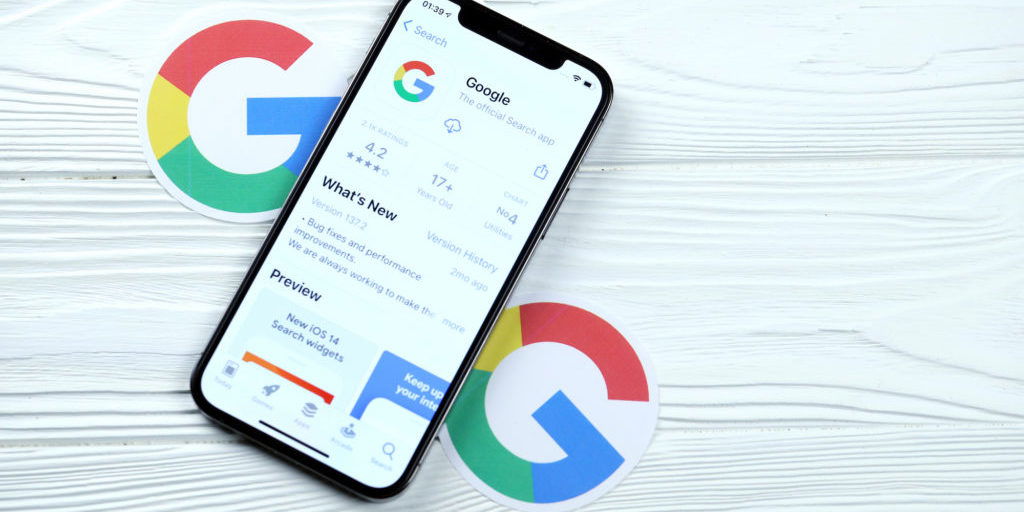How Google’s Helpful Content Update Relates to Law Firms
BY Kerrie Spencer

LISTEN
According to Google Search, they're about to launch the “Helpful Content Update.” That update starts rolling out next week after August 22nd and is likely to continue over two weeks. This is intended to make sure people surfing websites online are seeing more helpful, original content, written for people by people. The main idea here is to have this helpful content appear in search results
What is a people-first helpful content update?
This update is intended to better reward content visitors feel they've had a satisfying experience connecting to. Conversely, content that does not meet a potential client's expectations does not perform as well.
Google Search suggests using its guidelines and long-standing advice to create content for people and not search engines. This may seem to be a thin line not to cross, as people-first content means creating pleasing content, but using search engine optimization (SEO) practices added value.
How do you know if you are creating people-first content?
Google Search has a list of questions you can ask yourself before you write content for your law firm’s website. If your answer to each question is “YES” then it supposedly means you are well on the way to creating people-first content.
Those questions include:
- Does the content show first-hand in-depth knowledge and expertise in a particular area of the law?
- Does the firm's website have a primary focus?
- If an existing or potential client reads the content, would they leave the website feeling they learned enough about a topic to achieve their goal?
- If an existing or potential client reads your content, would they leave the firm's website feeling they had had a satisfying experience?
- Do you have an identified audience that would find your content useful if they came to see you?
What Does it Mean When Google Search Says Avoid Creating Content for Search Engines First?
Google is always emphasizing that content should not be created for search engines first. That begs the question of how to perform SEO. According to Google though, the people-first goal does not invalidate using SEO practices. Rather, they insist SEO is helpful when used with people-first content. The conundrum here is content written for search engines is usually content website visitors are not excited about.
How do you create people-first content without using a search engine-first approach? Google Search has some more questions for you to answer. Should you answer "yes" to some or all of them, you need to reevaluate how your law firm is creating content for the firm's website.
Here are the questions to begin your law firm website content evaluation:
- Is the law firm website content mostly attempting to attract users and potential clients from search engines, and not aimed at humans?
- Are you churning out content on multiple topics, hoping some of it performs well in search results?
- Are you using automation to write content on multiple topics?
- Are you just summarizing someone and not adding value?
- Are you creating content about things because they're trendy and not writing them for your existing audience?
- Does the content leave readers asking more questions?
- Are you striving for a set word count? Google does not have a preferred word count.
- Are you writing in a niche area, but do not have the required experience to do so, but thought it may garner search traffic?
- Did the firm's content promise to answer a question but there is no set answer for it? Such as how much is my car accident case worth?
What Else the Update Includes
- This latest update introduces a brand new entirely automated, weighted site-wide signal to identify low added value, or little added value, or not too helpful for people performing searches. This may seem like an accident looking for a place to happen because Google's definition of what is helpful, of little value, or low added value is not going to align with the website that features the content.
- Google says any content on websites deemed to have high amounts of unhelpful content is not going to perform well – assuming there is better content elsewhere.
Even though the update is targeting “online education, as well as arts and entertainment, shopping and tech-related content” law firms may still experience some ranking fluctuations during the rollout. Make sure your law firm SEO agency is paying attention and lean on their advice on how to react to any changes.
LATEST STORIES



